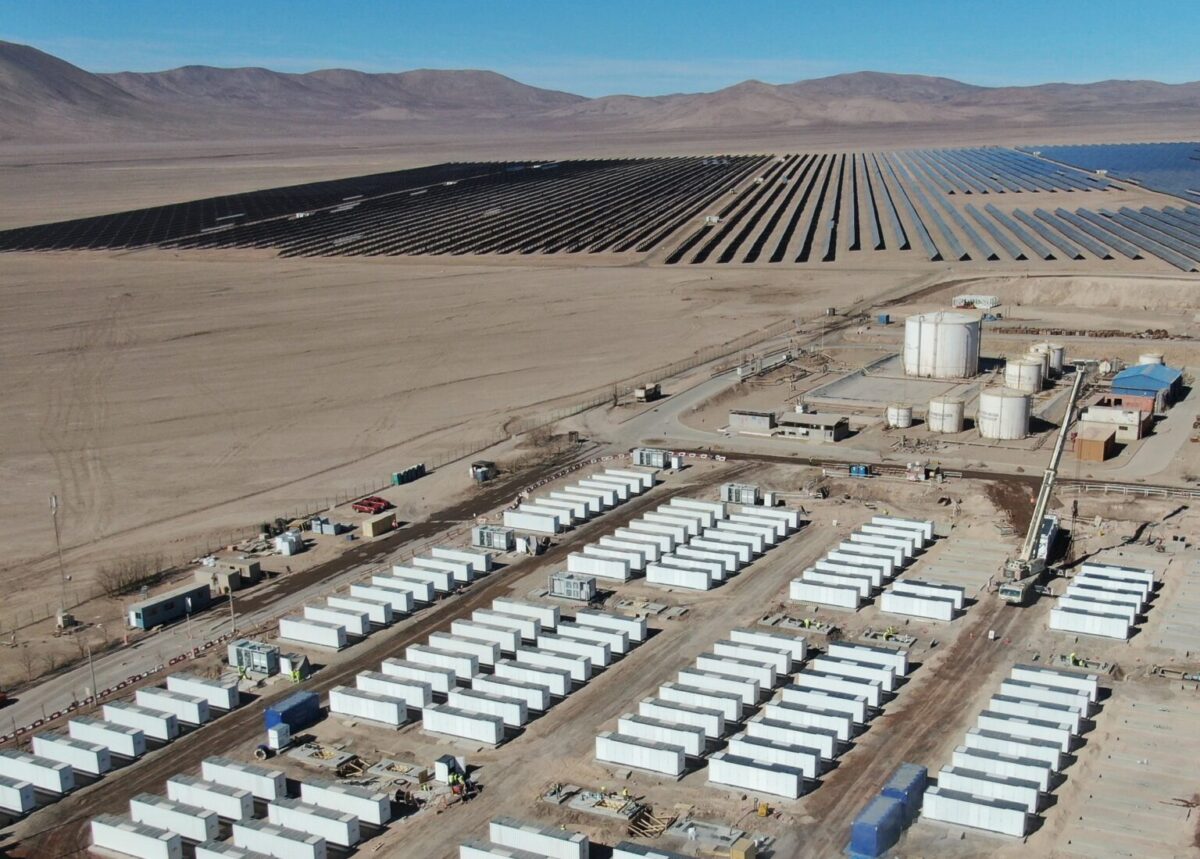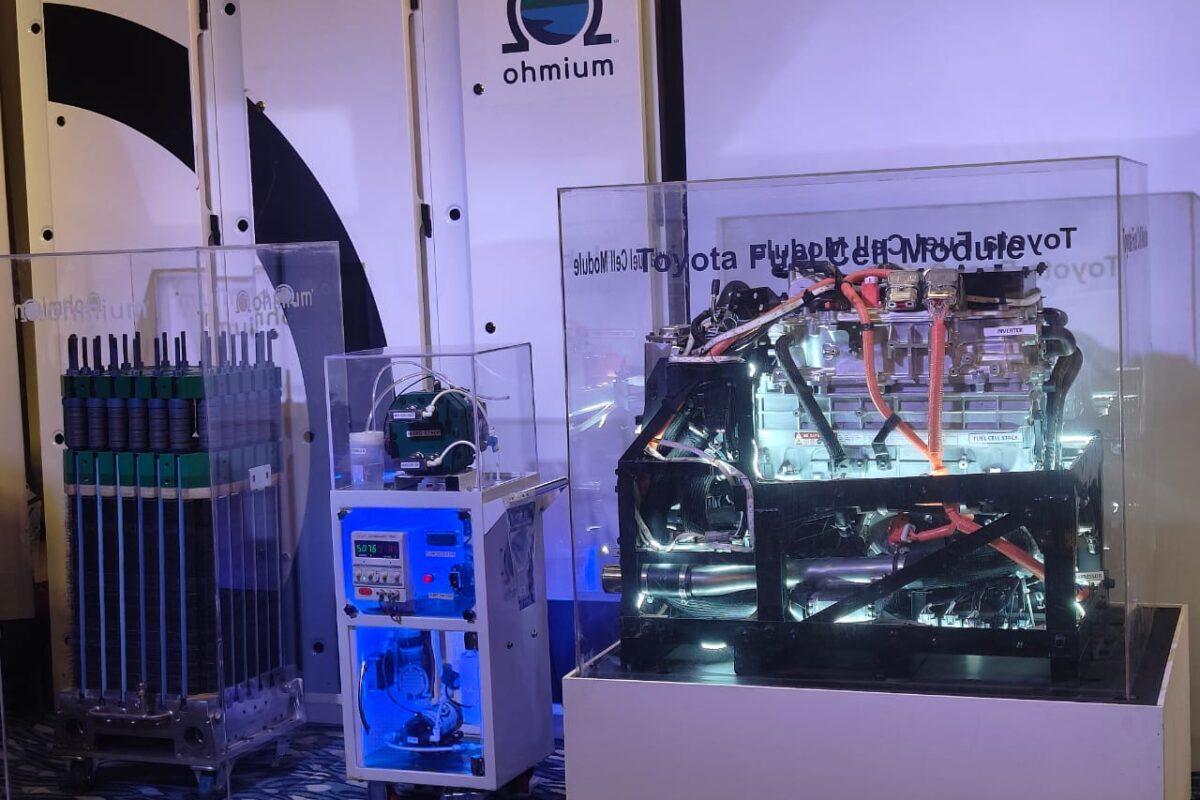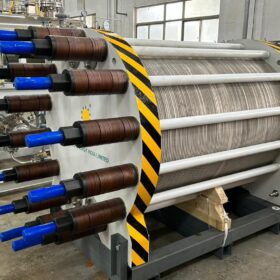From ESS News
Brazilian consultancy Greener’s new “Strategic Study on Energy Storage” report includes an attractiveness map for high-voltage electricity users on both the conventional, grid-tied regulated energy market and on the free market, which offers energy users the option of securing supply directly from generators.
The Greener document identified 10 electricity distribution companies with the greatest potential for reducing consumption during peak grid demand periods and identified Pará is the most attractive state for battery energy storage systems (BESS) as utility Equatorial Pará has the highest energy tariff: BRL 1,743.56 ($299.65)/MWh.
Greener also calculated agribusiness has the greatest potential for solar-plus-battery system use, due to the potential savings and decarbonization opportunities available.
While unreliable grid electricity supply is the main driver for other businesses to consider battery usage, agribusinesses could make big savings by replacing diesel generators.
In the face of a changing climate, center-pivot irrigation – which involves water being sprayed in a circle around a central pivot – is a popular technique. Energy-supply bottlenecks can raise the cost of such systems, however. The far west of Bahia state, for instance, tops the regional ranking in Brazil for irrigation pivots and has experienced a 43% rise in the installation of such systems in the last two years. The region suffers from limited power supply to drive irrigation, however.
Marcio Takata, CEO of Greener, pointed to a 3 MW limit on the size of new grid connections and substation expansion in the region and said, “It is necessary to educate the agricultural sector to understand the efficiency of solar energy as an alternative to diesel, and for its economic viability. It is important to develop knowledge so that other benefits can be added to the customer so that the perception of value is attractive. So the combination of benefits allows us to expand the market. The evolution of business models is necessary so that the perception of value is adequate and we can seek larger markets.”
Battery benefits
With intermittently-generated renewable energy supplying 34% of Brazil’s electricity, and expected to make up 40% by 2027, according to the latest figures from National Electric System Operator, the need for energy storage to even out out grid supply and demand peaks is obvious.
Greener’s survey showed that, by 2024, the country had accumulated 685 MWh of energy storage capacity, with 70% of it for off-grid systems. Last year, a further 269 MWh were added, representing an increase of 29% from 2023.
The consultancy has estimated Brazil’s consumer battery storage market could be worth more than BRL 22.5 billion through 2030.
While leading energy storage nations such as China, the United States, Germany, Australia, and the United Kingdom are driving the world to an anticipated 759 GW of energy storage projects by 2030, Brazil has only 685 MWh of such facilities installed, and 70% of those are not grid connected.
Commercial and industrial systems represent 10% of Brazil’s current energy storage capacity.
Some 62,000 off-grid, renewables-connected energy storage systems were installed in Brazil between 2018 and 2024, 70.7% of them in Pará. The state of Acre, with 10.2%, hosts the second largest proportion of such systems. Those solar-plus-battery sites were chiefly installed in a bid to provide universal access to electricity, for example through 2020’s More Light for the Amazon program. When that initiative reached only 5% of its target users, it was amalgamated with the Light for All campaign, which aims to provide electricity to almost a million people by 2028 by installing more than 226,000 systems by that point.
Universal energy access is also the aim of an auction planned for May which will aim to establish 49.7 MW of project capacity, for an investment of BRL 452 million to serve 169,000 people in the states of Amazonas and Pará. The auction will award 15-year contracts to successful bidders.
Growth projections
Greener’s report noted global demand for electric vehicles has driven down the cost of the batteries which make up 69% of the total cost of BESS projects. Power conversion systems account for a further 20% of project costs and, in Brazil, an energy storage tax burden which can reach 79% is problematic.
Nevertheless, Greener projects Brazil will be a leading Latin American market for energy storage by 2030, thanks to programs such as Light for All and the associated large-scale storage auction. To achieve its energy storage potential by that stage, Greener said, regulatory challenges must be overcome, costs further reduced, and potential customers must be made aware of the benefits batteries can offer.
This content is protected by copyright and may not be reused. If you want to cooperate with us and would like to reuse some of our content, please contact: editors@pv-magazine.com.









By submitting this form you agree to pv magazine using your data for the purposes of publishing your comment.
Your personal data will only be disclosed or otherwise transmitted to third parties for the purposes of spam filtering or if this is necessary for technical maintenance of the website. Any other transfer to third parties will not take place unless this is justified on the basis of applicable data protection regulations or if pv magazine is legally obliged to do so.
You may revoke this consent at any time with effect for the future, in which case your personal data will be deleted immediately. Otherwise, your data will be deleted if pv magazine has processed your request or the purpose of data storage is fulfilled.
Further information on data privacy can be found in our Data Protection Policy.